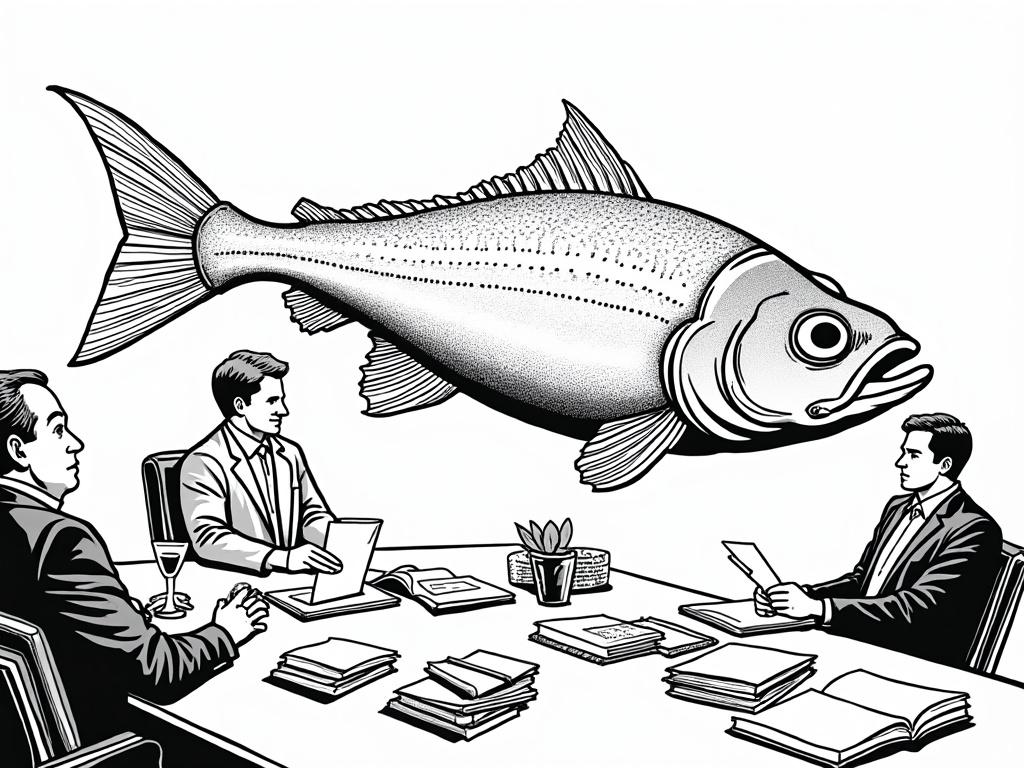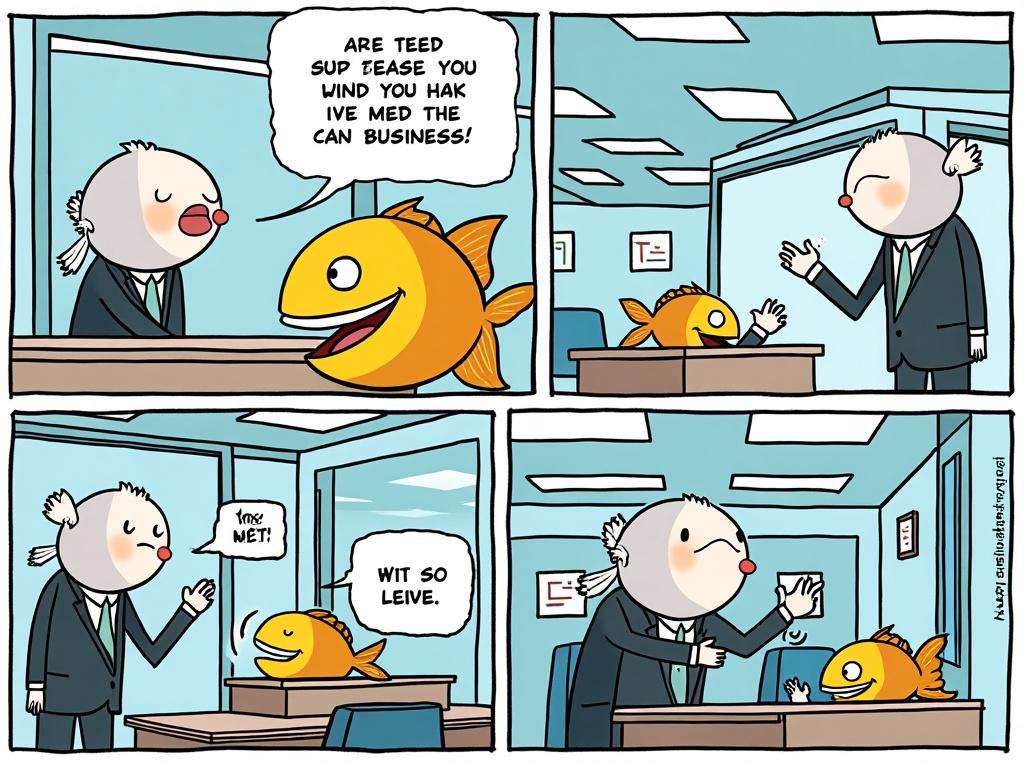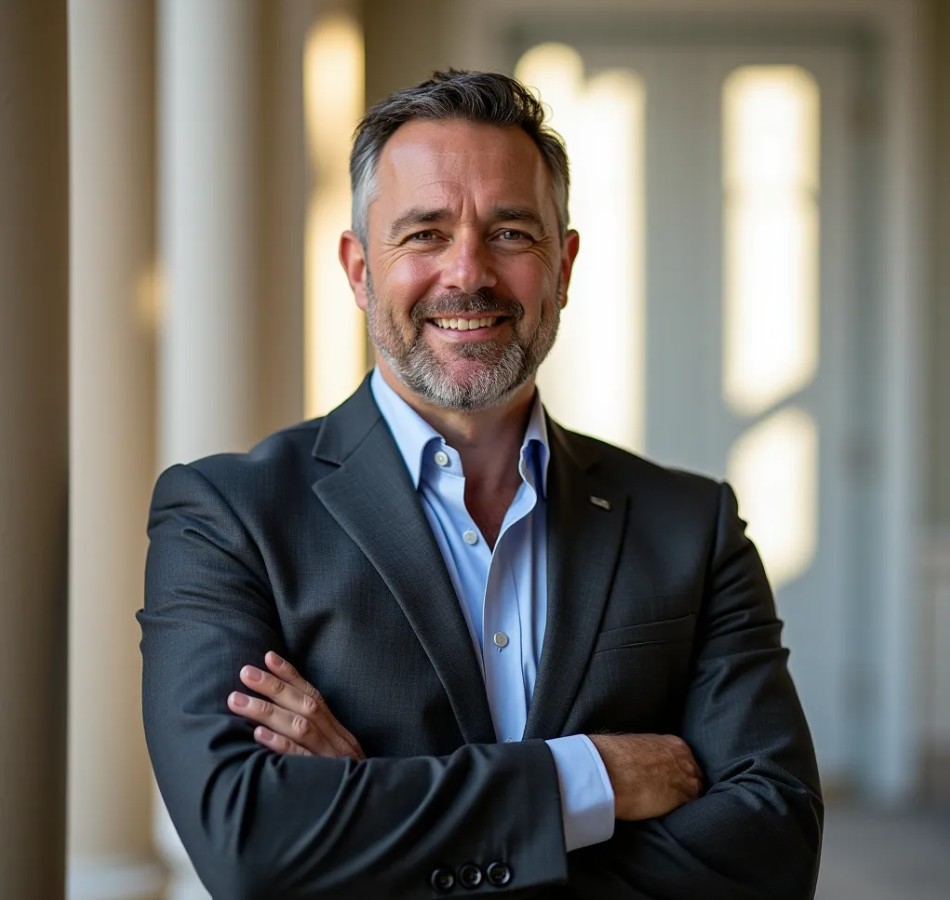
Sustainable Fishing Practices in Greece: Preserving Marine Heritage for Future Generations
Reading time: 12 minutes
Table of Contents
- Understanding the Fishing Crisis
- Traditional Sustainable Methods
- Modern Innovation Meets Ancient Wisdom
- Regulatory Framework and Compliance
- Economic Impact and Community Benefits
- Overcoming Implementation Challenges
- Sustainability Metrics Comparison
- Your Sustainability Roadmap Forward
- Frequently Asked Questions
Understanding the Fishing Crisis
Ever wondered why your favorite Greek seafood restaurant’s menu keeps shrinking? You’re witnessing firsthand the Mediterranean’s fishing crisis. Greece’s marine ecosystems face unprecedented pressure, with 73% of Mediterranean fish stocks now overexploited according to the Food and Agriculture Organization.
Here’s the straight talk: Greece’s fishing industry isn’t just about economics—it’s about preserving a 4,000-year maritime heritage that defines entire island communities.
The Scale of the Challenge
Picture this scenario: A traditional fisherman in Kalymnos catches 40% fewer fish today than his grandfather did in the 1970s. This isn’t an isolated story—it’s happening across the Aegean and Ionian seas.
Key Crisis Indicators:
- Mediterranean bluefin tuna populations declined by 80% since 1970
- Small-scale fishing operations decreased by 35% in the last decade
- Coastal ecosystem degradation affecting 60% of traditional fishing grounds
- Climate change shifting fish migration patterns unpredictably
Why Traditional Approaches Failed
The industrialization of fishing brought short-term gains but long-term devastation. Bottom trawling, overfishing during breeding seasons, and ignoring ecosystem balance created a perfect storm of depletion.
But here’s where hope enters the picture: Greece is pioneering sustainable solutions that honor both tradition and innovation.
Traditional Sustainable Methods
Before we dive into modern solutions, let’s explore how ancient Greek fishing wisdom can guide today’s sustainability efforts. These time-tested methods aren’t museum pieces—they’re blueprints for revival.
Seasonal Fishing Calendars
Traditional Greek fishermen followed precise seasonal patterns based on lunar cycles, water temperatures, and species behavior. The island of Symi still maintains detailed fishing calendars passed down through generations.
Ancient Wisdom in Action:
- Spring (March-May): Focus on smaller coastal species during spawning protection periods
- Summer (June-August): Deep-water fishing for migratory species
- Autumn (September-November): Selective harvesting of mature populations
- Winter (December-February): Minimal fishing activity, equipment maintenance
Selective Gear Techniques
The traditional trammel net system allows smaller fish to escape while capturing only mature specimens. This centuries-old technique achieves what modern regulations struggle to accomplish—natural size selectivity.
Pro Tip: Modern adaptations of traditional gear reduce bycatch by up to 60% compared to industrial trawling methods.
Modern Innovation Meets Ancient Wisdom
Greece’s sustainable fishing revolution combines cutting-edge technology with traditional knowledge. This isn’t about choosing sides—it’s about creating synergy.
Smart Fishing Technologies
The Hellenic Centre for Marine Research pioneered GPS-enabled fishing zones that rotate seasonally, mimicking traditional practices with modern precision.
Case Study: Lesvos Smart Fishing Initiative
In 2022, Lesvos fishing cooperatives implemented IoT sensors in their nets, reducing bycatch by 45% while increasing target species capture by 23%. The system alerts fishermen when non-target species enter nets, allowing immediate release.
“Technology should amplify fishermen’s wisdom, not replace it,” explains Dr. Maria Koutsoubas, leading the initiative. “Our sensors learn from experienced fishermen’s decision-making patterns.”
Aquaculture Integration
Greece leads Mediterranean aquaculture innovation, with sustainable fish farming reducing pressure on wild stocks. The integrated multi-trophic aquaculture (IMTA) systems in Crete demonstrate remarkable results:
- Fish waste feeds shellfish and seaweed
- Closed-loop systems minimize environmental impact
- Local employment increases by 30% compared to traditional fishing alone
Regulatory Framework and Compliance
Navigating Greece’s fishing regulations feels complex, but understanding the framework transforms compliance from burden to competitive advantage. For those considering investment or residency in Greece’s fishing sector, understanding regulatory requirements is crucial—much like obtaining a passport of greece requires navigating specific legal pathways.
EU Common Fisheries Policy Implementation
Greece implements EU quotas through localized management that respects traditional fishing grounds. The key insight? Proactive compliance creates market advantages.
| Regulation Type | Traditional Impact | Sustainable Approach | Compliance Benefit | Implementation Timeline |
|---|---|---|---|---|
| Quota Management | Restrictive limits | Seasonal rotation system | Premium market access | 6 months |
| Gear Restrictions | Equipment limitations | Selective technology adoption | Certification advantages | 3 months |
| Protected Areas | Access restrictions | Marine sanctuary partnerships | Research collaboration | 12 months |
| Species Protection | Catch limitations | Breeding program participation | Conservation funding | 9 months |
Certification Pathways
The Marine Stewardship Council (MSC) certification process in Greece offers clear competitive advantages. Certified sustainable fisheries command 15-20% premium prices in European markets.
Economic Impact and Community Benefits
Sustainable fishing isn’t just environmental responsibility—it’s smart economics. Greek fishing communities embracing sustainability report stronger financial resilience and community cohesion.
Market Premium Reality
Case Study: Santorini Sustainable Fishing Cooperative
This 45-member cooperative transitioned to sustainable practices in 2020. Results after three years:
- Revenue increase: 28% average per member
- Market expansion: Direct sales to 12 high-end restaurants
- Community impact: Employment opportunities for 23 young islanders
- Environmental benefit: Local fish populations show 35% recovery
“Sustainability transformed our business model from survival to growth,” shares Dimitris Papadopoulos, cooperative president. “Tourists pay premium prices for authentically sustainable seafood experiences.”
Overcoming Implementation Challenges
Let’s address the elephant in the room: implementing sustainable practices feels overwhelming. Here’s how successful Greek fishing operations navigate common obstacles.
Challenge 1: Initial Investment Costs
The Problem: Sustainable equipment and certification require upfront capital many small operators lack.
Strategic Solution: Greece’s Blue Economy Fund provides low-interest loans specifically for sustainable fishing transitions. Additionally, cooperative purchasing reduces individual costs by 40-60%.
Practical Steps:
- Form or join existing fishing cooperatives
- Apply for EU Blue Economy funding (deadline: March annually)
- Partner with marine research institutions for equipment testing
- Implement gradual transitions over 2-3 seasons
Challenge 2: Knowledge Transfer
The Problem: Older fishermen resist new methods; younger generations lack traditional knowledge.
Strategic Solution: Mentorship programs bridge generational gaps while introducing innovation gradually.
The Crete Fishing Academy exemplifies this approach, pairing experienced fishermen with marine biology students for mutual learning experiences.
Sustainability Metrics Comparison
Greek Fishing Methods: Sustainability Performance Analysis
Sustainability scores based on environmental impact, economic viability, and social benefits. Data compiled from Hellenic Centre for Marine Research, 2023.
Your Sustainability Roadmap Forward
Ready to transform your fishing operation or investment into a sustainable success story? Here’s your practical implementation roadmap that successful Greek fishing enterprises follow:
Immediate Action Steps (Next 30 Days)
- Assessment Phase: Document current fishing practices, equipment, and target species. Use the Hellenic Sustainable Fishing Assessment Tool (free online resource).
- Network Building: Connect with local fishing cooperatives and identify potential mentorship partnerships with established sustainable operations.
- Funding Research: Apply for preliminary assessments through Greece’s Blue Economy Initiative before the next funding cycle opens.
Medium-term Implementation (3-6 Months)
- Pilot selective fishing techniques during one seasonal cycle
- Install basic monitoring technology to track catch data and environmental impact
- Establish direct market relationships with restaurants prioritizing sustainable sourcing
- Begin certification process documentation for future MSC or similar standards
Long-term Transformation (1-2 Years)
Scale successful pilot programs, achieve formal sustainability certification, and become a regional leader in sustainable practices. The most successful operations report that this timeline allows for gradual adaptation while maintaining economic stability.
Key Success Indicator: By year two, sustainable operations typically see 20-30% revenue increases through premium pricing and expanded market access, while contributing to measurable marine ecosystem recovery.
Greece’s maritime future depends on the choices made today by individual fishermen, cooperatives, and investors. Will you be part of the solution that preserves the Mediterranean’s marine heritage for your children’s generation?
The convergence of ancient wisdom and modern innovation isn’t just changing how Greece fishes—it’s redefining what maritime sustainability means for island economies worldwide. Your participation in this transformation creates ripple effects far beyond Greek waters.
Frequently Asked Questions
What financial support is available for transitioning to sustainable fishing practices in Greece?
Greece offers several funding mechanisms including the EU Blue Economy Fund (providing up to €50,000 per operation), low-interest loans through the Hellenic Development Bank, and cooperative purchasing programs that reduce equipment costs by 40-60%. Additionally, certified sustainable operations qualify for premium market pricing that typically offsets transition costs within 18-24 months.
How long does it take to see economic benefits from implementing sustainable fishing practices?
Most Greek fishing operations report initial economic benefits within 6-12 months, primarily through reduced operational costs and access to premium markets. Full economic optimization typically occurs within 2-3 years, when certification processes complete and ecosystem recovery begins showing measurable results. The Santorini Sustainable Fishing Cooperative, for example, achieved 28% revenue increases within three years of transition.
Can traditional fishing methods really compete with modern industrial techniques in terms of profitability?
Yes, when properly implemented and marketed. Traditional selective methods combined with modern technology achieve higher per-unit profits through premium pricing, reduced waste, and lower long-term operational costs. While absolute volume may be lower, profit margins are typically 15-25% higher than industrial methods, plus traditional approaches ensure long-term resource availability that industrial fishing cannot guarantee.

Article reviewed by Amelie Dufour, Co-Living Space Innovator | Urban Millennial Housing Solutions, on June 6, 2025
